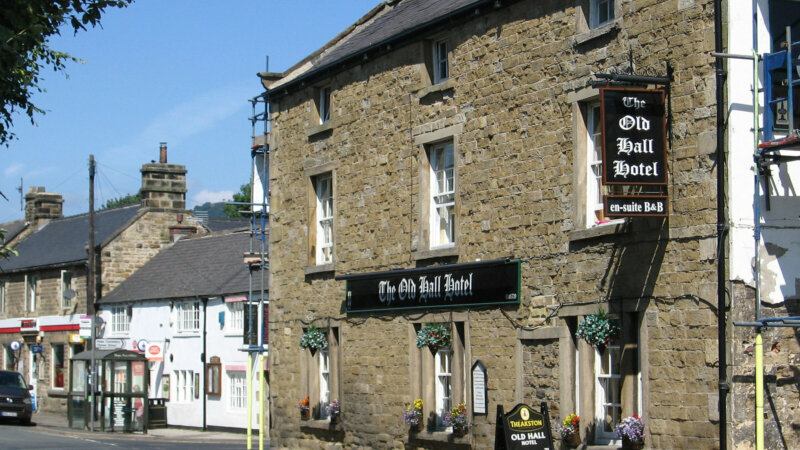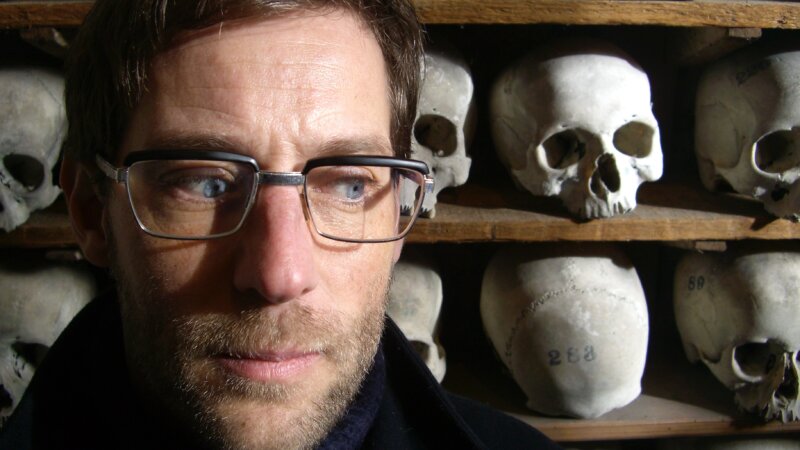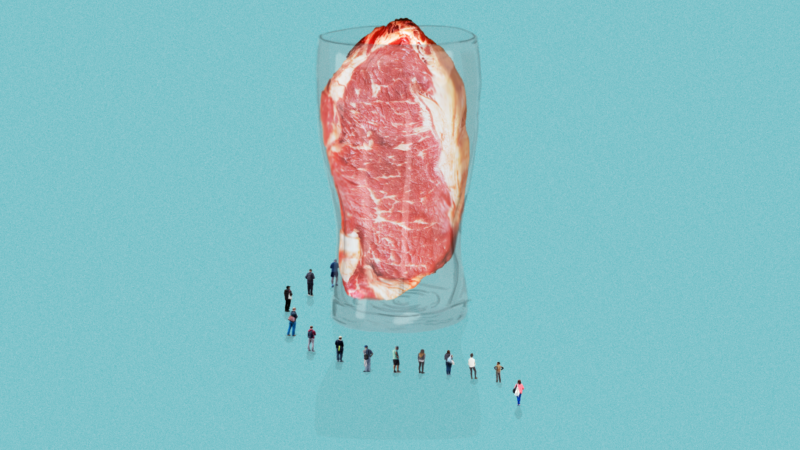Thatcher: The end is where we start from
“What we call the beginning is often the end And to make an end is to make a beginning. The end is where we start from.”
- T.S. Elliot, Little Gidding, spoken at the funeral of Margaret Thatcher
If we start from the end, then now is the best time to reassess the legacy of Thatcherism. Yet the death of the woman does not equate to the death of her ideas. Margaret Thatcher left behind a country more divided than she found it. Her time as Prime Minister saw unprecedented levels of poverty and wealth in modern British history, with the United Nations reporting that by 1996 levels of inequality in the UK were comparable with Nigeria. To understand the legacy of Thatcher is to better understand the problems we face as a nation today.
The discord began when Margaret Thatcher stood on the steps of Downing Street as Prime Minister for the first time. She made a speech which is as poignant now as it was then. In the background a cacophony of sound could be heard. The jarring of boos and cheers reflected a deep division within the country. Even then she was a hugely polarising figure. More than 30 years on, her legacy divides opinion like no other in British life in the 20th century. Quoting Saint Francis of Assisi, she famously said: “Where there is discord, may we bring harmony. Where there is error, may we bring truth. Where there is doubt, may we bring faith. And where there is despair, may we bring hope.”
Thatcher did not bring harmony to the United Kingdom. Under her stewardship inequality increased dramatically. She created a culture of benefit dependency by placing millions of people who were long-term unemployed onto incapacity benefits. Rhodri Morgan, the former First Minister of Wales, outlined how in some parts of Wales this happened to a quarter of the working population. The director of the Confederation of British Industry (CBI) John Cridland said in the wake of her death, “What Baroness Thatcher did to reshape the British economy gave us a generation of growth.” Yet this prodigious period of economic growth came at a huge cost to communities up and down the country, with unemployment peaking at 12% in the mid 80s. Much has been made of Thatcher’s values and how she relied on these during her premiership, but despite these claims there was and still is a moral vacuum at the heart of Thatcherism. There was little compassion and no consideration for people who could not help themselves.
One of the essential questions we must ask as a nation in the wake of Margaret Thatcher’s death is whether we can continue to put the accumulation of wealth ahead of collective wellbeing. Thatcherism empowered the individual and tried to free people from state control as much as possible, but a central contradiction of this approach was that it greatly reduced the power of individuals outside London who did not benefit from the financial boom. The divisions created by dismantling Britain’s manufacturing base are still being felt acutely today, with income inequality in Britain being the seventh highest in the Organisation for Economic Co-operation and Development (OECD), and rising. Recent analysis by Left Foot Forward showed one of the most brutal legacies of Thatcherism to be the doubling of children living in poverty, from two million in 1979 to nearly four million in 1991. This was mirrored across the whole population, from seven million people living in poverty in 1979 to 14 million in 1991.
David Cameron and his Conservative party are clearly children of Thatcher’s ideas. The coalition agreement stated, “The government believes that it is the most vulnerable who are most at risk from the debt crisis”. How right they were. This government’s policies have greatly increased poverty and will continue to do so. The Child Poverty Action Group reported in March that 600,000 children will be pushed into absolute poverty by the coalition’s programme of cuts by 2015. The moral vacuum that begun under Thatcher pervades the current administration. Cameron remarked, “We are all Thatcherites now”, yet Ipsos-Mori polling from April observed that “half of the public (47%) believe the 11 years of her government were good for the country, while 42% say it was bad”, demonstrating that we are far from all being Thatcherites and that Thatcher’s legacy is heavily disputed.
Under her government the energy industries were privatised. Private companies are responsible to their shareholders, not their citizens. The government’s own statistics show nearly five million households, almost 20% of the population, are living in fuel poverty. Another national scandal whose roots can be traced to the 80s is the housing crisis. The Right likes to champion Thatcher’s selling of council houses as a triumph of individual liberty over the power of the state, yet she did not replenish the houses that she sold and there is currently a chronic shortage of affordable housing in the UK, with Shelter reporting that 1.7 million households are on the waiting list for social housing.
So much anger has been directed at Thatcher since her death. This frustration can be used in a positive way. Booing at her funeral did not undo the worst of her policies, but if we speak out against the changes this country is undergoing then it may still be possible to save the NHS, and to demand that government policy on education is based on the views of experts, not on the opinions and anecdotes of one or two ministers and their special advisors.
If you feel like no political party speaks for you then you are not alone, but do not let that stop you taking political action. Join an online campaign, sign a petition, speak to people about your concerns, to friends, to colleagues, to people in the street, whether you have traditionally voted Labour, Liberal Democrat or even Conservative. You will find that many people are not happy with what is happening to this country.
For more info:
sheffieldanticuts.wordpress.com
38degrees.org.uk
avaaz.org
sheffieldsaveournhs.co.uk
ukuncut.org.uk
sheffieldequality.wordpress.com )






